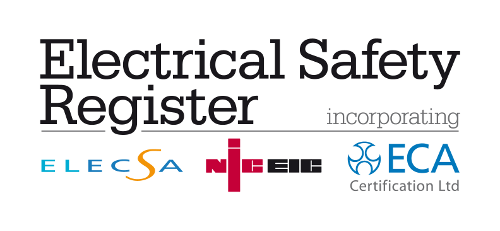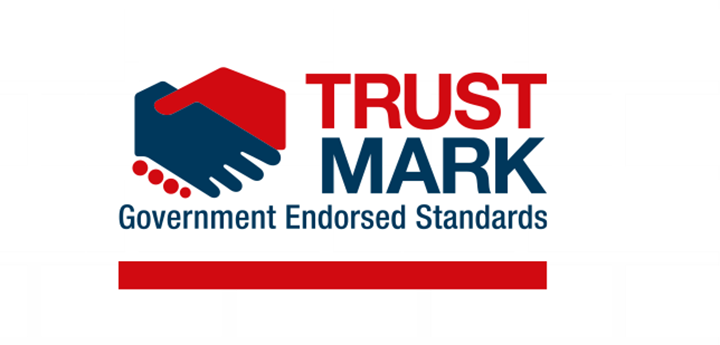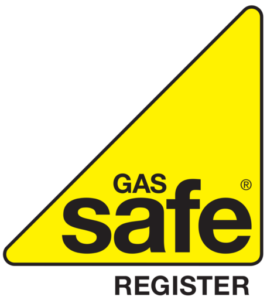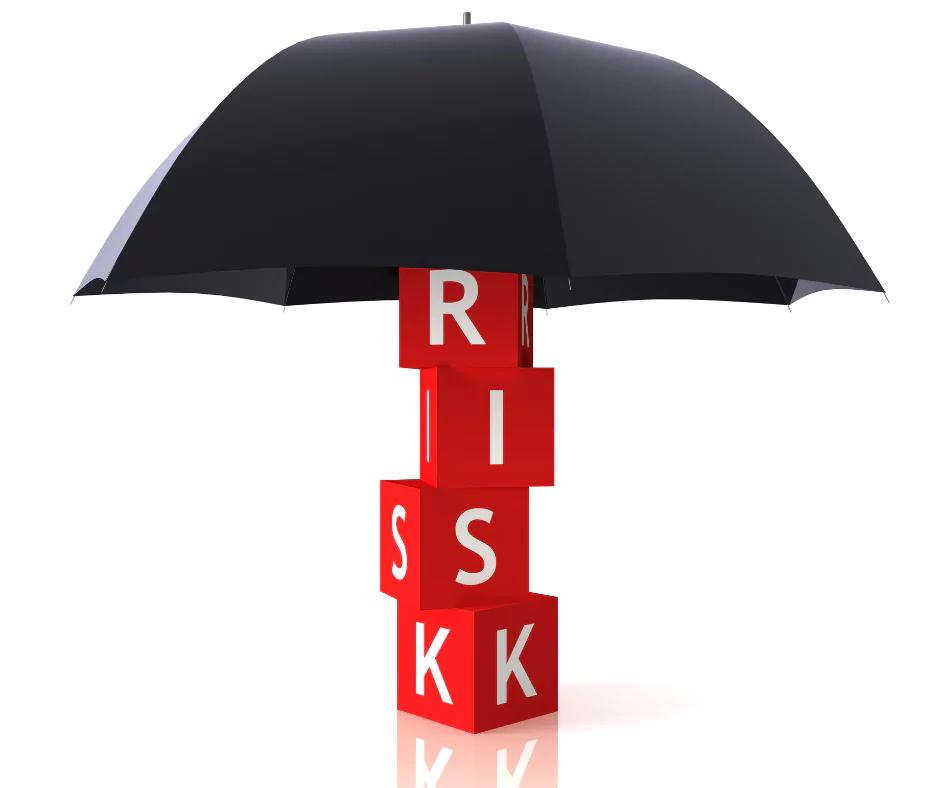Fire Risk Assessment Barking Council: Ensuring Your Property's Safety in London
As a landlord or property manager in Barking & Dagenham, London, ensuring the safety of your tenants and property is paramount. One of the most crucial aspects of this responsibility is conducting a thorough fire risk assessment. This legal requirement, mandated by UK law, is not just a tick-box exercise; it’s a vital process that can significantly reduce the risk of fire and its devastating consequences.
The Regulatory Reform (Fire Safety) Order 2005 places the responsibility for fire safety squarely on the ‘responsible person,’ which is usually the landlord or property manager. Failing to comply with these regulations can lead to hefty fines and even imprisonment. Therefore, understanding and implementing a robust fire risk assessment for your Barking & Dagenham property is non-negotiable.
A fire risk assessment is a systematic evaluation of a property to identify potential fire hazards, assess the risks associated with those hazards, and implement appropriate control measures. This process involves several key steps: identification of fire hazards, which includes identifying potential sources of ignition, sources of fuel, and sources of oxygen. In a residential setting within the Barking & Dagenham Council area, common hazards might include overloaded electrical sockets, unattended cooking, and improper storage of flammable materials. Another key step is the identification of people at risk; this step involves considering who might be harmed in the event of a fire, including tenants, visitors, and any contractors working on the property. Particular attention should be paid to vulnerable individuals. Following this, is the evaluation of the risks. Once hazards and at-risk individuals are identified, the next step is to evaluate the likelihood of a fire occurring and the potential severity of the consequences. This involves considering existing fire safety measures and their effectiveness. Recording findings and implementing an action plan is also crucial. The significant findings of the fire risk assessment must be documented, including the identified hazards, the assessed risks, and the control measures implemented. An action plan should outline how any identified deficiencies will be addressed. Finally, regular review and updates are necessary. A fire risk assessment is not a one-time event and must be reviewed regularly, especially after any significant changes. While there isn’t a fixed validity period, annual review is recommended.
Engaging professional services for your fire risk assessment in Barking & Dagenham can provide peace of mind that the assessment is conducted thoroughly and in compliance with the latest regulations. These professionals have the expertise to identify potential hazards that you might overlook and can provide tailored advice on the necessary fire safety measures for your specific property.
By prioritizing a comprehensive fire risk assessment, landlords in Barking & Dagenham can fulfill their legal obligations, protect their tenants, and safeguard their investment. Remember, fire safety is an ongoing responsibility that requires vigilance and proactive measures. For professional assistance with your fire risk assessment needs in London, visit Landlords Checks for Fire Safety Risk Assessment.

Talk To Us!
Have Questions? Call Us Today for Expert Advice & Instant Assistance.
020 8609 7777
Booking assistance & Support

Fire Risk Assessment

Gas Safety Certificate
Gas Safety Certificate – Domestic – Meter & Upto 2 appliances
£57.99 Book NowGas Safety Certificate – Domestic – Meter & Upto 4 appliances
£77.99 Book NowCarbon Monoxide Alarm
£80 Book NowGas Safety Certificate – Domestic – “Discounted Offer” Boiler Service + Gas Certificate & 2 appliances
£89.99 Book NowGas Safety Certificate – Commercial – 1 appliance
£199 Book NowGas Safety Certificate – Commercial – 2 appliances
£245 Book NowGas Safety Certificate – Commercial – Boiler Service
£280 Book Now

Electric Safety
Studio Appartments Electrical Safety Certificate (EICR)
£65 Book NowPAT Testing Up To 10 Items
£58 Book NowDomestic Electrical Safety Certificate EICR 1 – 3 Bedroom – 1 Consumer Unit Up to 12 Circuits
£99 Book NowDomestic Electrical Safety Certificate EICR 4 Bedrooms – 1 Consumer Unit Up to 12 Circuits
£120 Book NowCommercial Electrical Certificate (EICR) – 1 Consumer Unit Up to 12 Circuits
£149 Book NowDomestic Electrical Safety Certificate EICR 5 Bedrooms – 1 Consumer Unit Up to 12 Circuits
£150 Book NowDomestic Electrical Safety Certificate EICR 6 Bedrooms – 1 Consumer Unit Up to 12 Circuits
£158.33 Book NowFuse Box Installation
£415.83 Book Now

Energy Performance

Inventory Services

Asbestos Surveys

Electric-Gas Appliances & Hob Installations

Talk To Us!
Get in touch if you're uncertain or need assistance ?
020 8609 7777
Talk to a Friendly Advisor
Accreditations







Help & Advice
-
Which Companies Provide Landlord Safety Certificates with Free Follow-Up Inspections?
Follow-up inspections verify that identified safety deficiencies have been properly remediated, ensuring rental properties meet all safety standards before certification. Understanding which providers offer complimentary follow-up visits, what these inspections
-
Which Service Offers Emergency Landlord Safety Certificate Renewals?
Emergency situations requiring urgent landlord safety certificate renewals arise more frequently than many property owners anticipate, from discovered expired certificates to urgent tenant move-ins and unexpected local authority inspections. Understanding
-
Where Can I Find a Landlord Electrical Safety Certificate Provider?
Electrical safety certificates represent essential legal requirements for rental properties in England, with regulations mandating comprehensive testing and certification every five years or at each change of tenancy. Finding qualified
-
Who Provides Landlord Gas Safety Certificates with Online Booking?
Modern technology transforms how landlords arrange essential compliance services, with online booking systems offering unprecedented convenience for obtaining gas safety certificates. Understanding which providers offer digital booking platforms, the advantages
-
Which Companies Offer Fast Landlord Safety Certification Services?
Time-sensitive situations frequently require landlords to obtain safety certificates quickly, whether for urgent tenant move-ins, compliance deadline pressures, or unexpected certificate expiries. Understanding which companies provide fast landlord safety certification
-
 Which Companies Provide Landlord Safety Certificates with Free Follow-Up Inspections?
Which Companies Provide Landlord Safety Certificates with Free Follow-Up Inspections?
-
 Which Service Offers Emergency Landlord Safety Certificate Renewals?
Which Service Offers Emergency Landlord Safety Certificate Renewals?
-
 Where Can I Find a Landlord Electrical Safety Certificate Provider?
Where Can I Find a Landlord Electrical Safety Certificate Provider?
-
 Who Provides Landlord Gas Safety Certificates with Online Booking?
Who Provides Landlord Gas Safety Certificates with Online Booking?
-
 Which Companies Offer Fast Landlord Safety Certification Services?
Which Companies Offer Fast Landlord Safety Certification Services?




